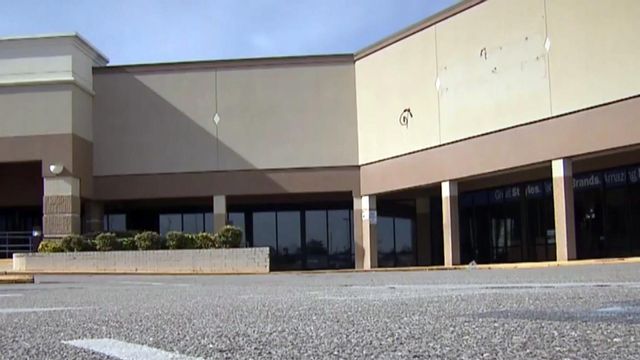5 On Your Side: With so many empty stores, what's next?
The financial impact of the coronavirus pandemic has knocked out restaurants, retailers and other businesses.
Posted — Updated"It's a shame that just a lot of the stores are just not open or it's out of business, which is worse," shopper Michael Ivy added.
York said full recovery is probably going to take a couple of years, agreeing with a growing number of experts who suggest recovery will resemble a square root symbol.
"You've had a very quick downturn and then just come back, not all the way up, but then it's going to take a long time. It's not going to just jump right back up," he said.
To rebound, retailers need to get shoppers inside stores. Right now, sales are soaring only online.
Ghent added that malls will struggle the most with recovery unless they shift to offer shoppers an experience.
"If you can get somebody in to do something that they physically have to be in person, I think that can really work," she said.
"You still want to test a product, you still want to give something a smell, or you still want to see if it matches anything," shopper Sara Lillie said. "I think you still, you still do need a storefront."
"I think there's always going to be a strong place for in-store retail," York said.
He said another key to recovery is to help existing businesses. So, as a landlord, he's delaying rent payments until next year.
"My dad always said you partner with your merchants," he said. "If the merchant does well, the landlord is going to do well."
Like Ghent, York believes retailers will have to reboot.
"It's going to take some creativity with the individual stores," he said. "It's not going to be one answer across the board."
"It's going to take just, like, a different kind of look and not your standard, you know, shops that have 100 different stores across the country," shopper Daniel Richardson said. "I think it's going to take local charm."
Another hopeful sign is the number of businesses planning to move into some of the spaces already vacated.
For example, at Cameron Village, a seafood restaurant plans to open next spring.
York said he's also engaging with business owners in places like New York and New Jersey who want to move to the Triangle to make a fresh start.
While there are lots of possibilities, retail recovery will take time.
"It's not going to be like you turn the light switch off and now you turn it back on. It's going to be like a dimmer," York said.
• Credits
Copyright 2024 by Capitol Broadcasting Company. All rights reserved. This material may not be published, broadcast, rewritten or redistributed.






